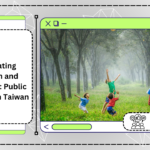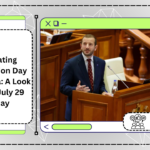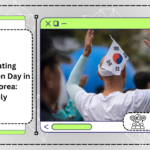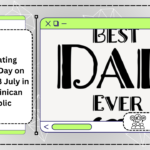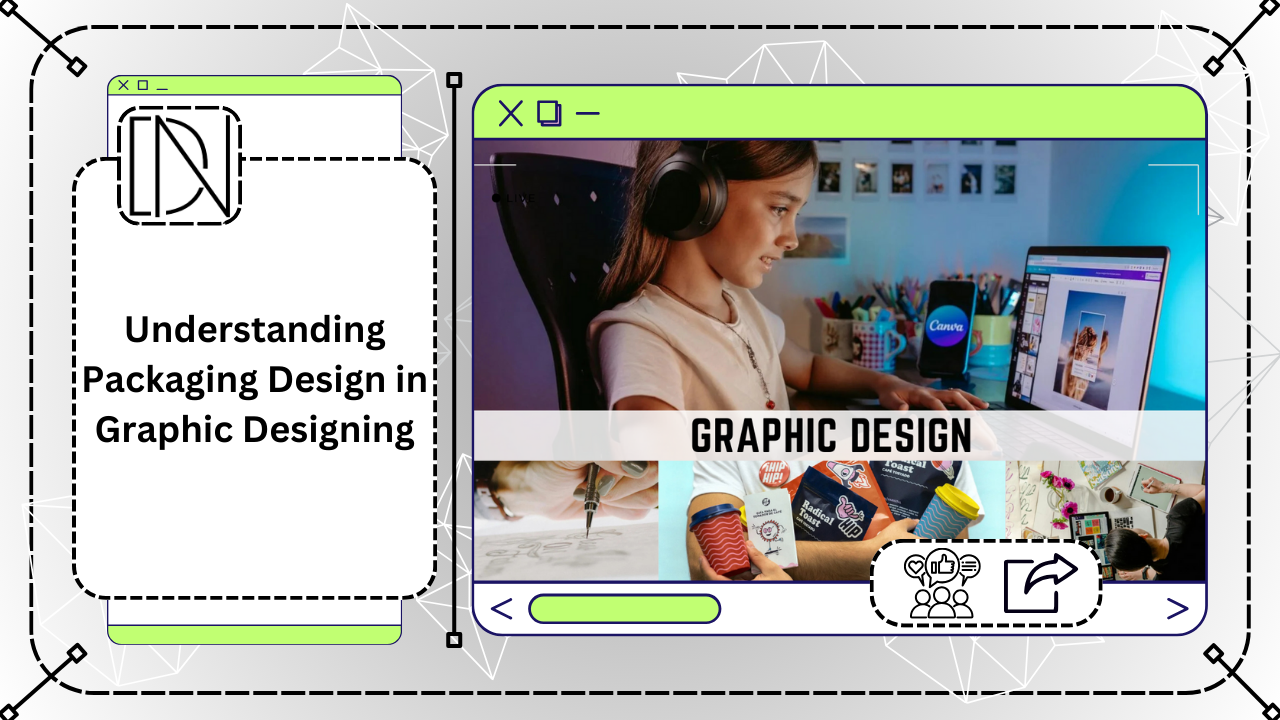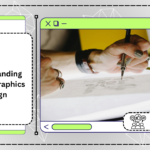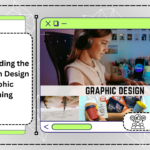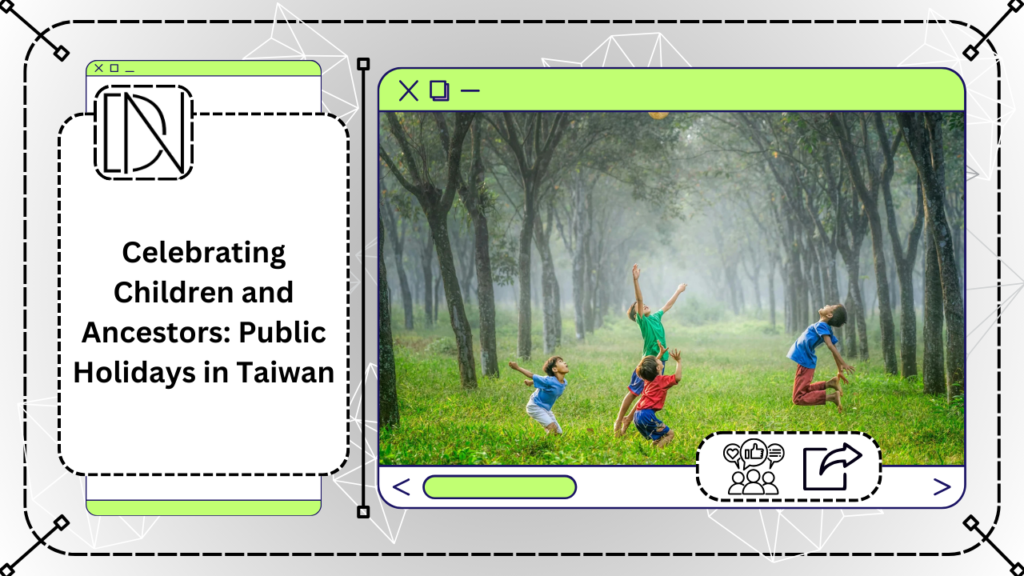When it comes to product marketing and branding, packaging design plays a crucial role in capturing the attention of consumers. It is an essential aspect of graphic designing that focuses on creating visually appealing and functional packaging for various products. In this blog post, we will delve into the world of packaging design and explore its significance in the realm of graphic designing.
What is Packaging Design?
Packaging design refers to the process of creating the exterior and interior packaging for a product. It involves the strategic use of graphics, colors, typography, and materials to enhance the visual appeal and functionality of the packaging. The primary goal of packaging design is to attract potential customers, communicate the brand’s message, and protect the product.
Elements of Effective Packaging Design
There are several key elements that go into creating an effective packaging design. These include:
1. Functionality: The packaging must be practical and user-friendly, allowing the customer to easily access and use the product.
2. Visual Appeal: The design should grab the customer’s attention and stand out on the shelf while still being aligned with the brand’s image and message.
3. Information: The packaging should clearly convey necessary product information, such as ingredients, usage instructions, and any other pertinent details.
4. Sustainability: Increasingly important, packaging should be eco-friendly, using materials that are recyclable or biodegradable whenever possible.
Conclusion
In summary, packaging design plays a critical role in the success of a product. It does more than just hold a product; it communicates the brand’s message, ensures the product’s safety, and attracts customers. Investing in good packaging design is not just a luxury but a necessity for businesses aiming to succeed in a competitive marketplace.
The Importance of Packaging Design
Good packaging design is crucial for several reasons. First and foremost, it protects the product from damage during transport and storage. But it also communicates essential information about the product, from what it is used for to its ingredients or instructions for use. Eye-catching packaging can attract potential customers, and well-designed labels can reinforce brand loyalty among existing ones.
Effective packaging design can have a significant impact on a product’s success. Here are a few reasons why packaging design is crucial:
1. Brand Identity:
Packaging design serves as a visual representation of a brand. It helps create a strong brand identity by incorporating the brand’s logo, colors, and typography. Consistent packaging design across different products helps consumers recognize and associate the packaging with the brand.
2. Differentiation:
In a crowded marketplace, packaging design plays a vital role in differentiating a product from its competitors. Unique and eye-catching packaging can grab the attention of consumers and make the product stand out on the shelves.
3. Communication:
Packaging design is an effective medium for communicating important information about the product. It can convey product features, benefits, usage instructions, and other relevant details. Clear and concise communication through packaging design helps consumers make informed purchasing decisions.
4. Consumer Experience:
Well-designed packaging enhances the overall consumer experience. It should be easy to open, handle, and store. Packaging design should also align with the product’s target audience and create a positive emotional connection with consumers.
Elements of Packaging Design
Successful packaging design combines various elements to create a visually appealing and functional package. Here are some key elements of packaging design:
1. Graphics:
Graphics play a vital role in packaging design. They include images, illustrations, and patterns that enhance the visual appeal and communicate the brand’s message. Graphics should be carefully chosen to align with the product and target audience.
2. Colors:
Color selection is crucial in packaging design as it evokes emotions and influences consumer perception. Different colors have different meanings and associations. The choice of colors should align with the brand’s identity and the product’s intended message.
3. Typography:
The use of typography in packaging design helps convey information and create visual hierarchy. Fonts should be legible and reflect the brand’s personality. The right combination of fonts can enhance the overall visual appeal of the packaging.
4. Materials:
The choice of materials for packaging design is essential for both aesthetics and functionality. The materials should protect the product, be environmentally friendly if possible, and align with the brand’s values. Sustainable packaging materials are gaining popularity due to increased consumer awareness.
Conclusion
Packaging design is a critical aspect of graphic designing that goes beyond creating visually appealing packaging. It serves as a powerful tool for brand identity, differentiation, communication, and enhancing the consumer experience. By understanding the significance of packaging design and incorporating key elements, graphic designers can create compelling packaging that captures the attention of consumers and drives product success.

